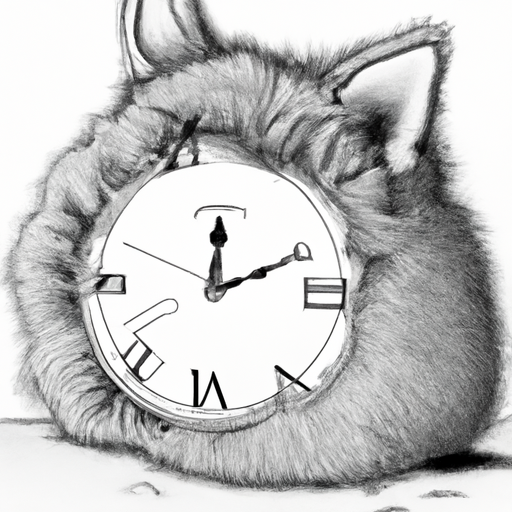The Basics of Canine Hair Growth
You might be surprised to learn that your dog’s hair growth is a complex process influenced by various factors. You could liken it to a symphony of genetics, health, and care practices all working together.
In general, most dogs will regrow hair within a few weeks to a few months. However, the specific timeline can vary significantly based on the following factors:
- The breed of the dog
- The dog’s overall health
- The type of hair loss experienced
Let’s dive deeper into these factors, shall we?
Understanding Different Dog Breeds and Hair Growth
Just like humans, different breeds of dogs have different hair growth rates. Some breeds, such as Poodles and Shih Tzus, have hair that grows continuously. On the other hand, breeds like Beagles and Labradors have hair that only grows to a certain length before it falls out and new hair grows in its place.
Here’s a table to give you a snapshot of the hair growth rates of different breeds:
| Breed | Hair Growth Rate |
|---|---|
| Poodle | Continuous |
| Shih Tzu | Continuous |
| Beagle | Fixed Length |
| Labrador | Fixed Length |
Health and Hair Growth
Your dog’s overall health plays a vital role in hair growth. Issues like skin infections, allergies, hormonal imbalances, and poor nutrition can delay hair regrowth. Therefore, maintaining your dog’s health is crucial in facilitating speedy hair growth. A healthy diet, regular exercise, and timely vet check-ups can work wonders.
Types of Hair Loss in Dogs
The reason for the hair loss also impacts how long it will take for the hair to grow back.
- Seasonal Shedding: This is a natural process where dogs shed their old or damaged hair. The regrowth is relatively quick.
- Medical Conditions: Hair loss due to medical conditions like Alopecia can take a considerably longer time to regrow.
- Grooming: Haircut or shaving can also lead to hair loss. Usually, hair starts growing back within a week or two.
Facilitating Your Dog’s Hair Growth
As a caregiver, you might be wondering what you can do to help your dog’s hair grow back faster. Here are some tips:
- Ensure a balanced diet with the right nutrients for hair growth
- Regular grooming to stimulate hair follicles
- Use of suitable dog shampoos and conditioners
- Regular vet check-ups to catch any potential health issues early
Frequently Asked Questions
Q: Can certain foods promote hair growth in dogs?
A: Yes, foods rich in Omega-3 fatty acids, proteins, and vitamins can promote hair growth.
Q: Can stress cause hair loss in dogs?
A: Yes, dogs can lose hair due to stress, much like humans.
Q: How can I tell if my dog’s hair loss is normal?
A: If your dog’s hair loss is accompanied by skin irritation, bald patches, or changes in behavior, it might not be normal. Consult your vet.
Remember, every dog is unique, and what works for one might not work for another. Always consult a vet for personalized advice.



